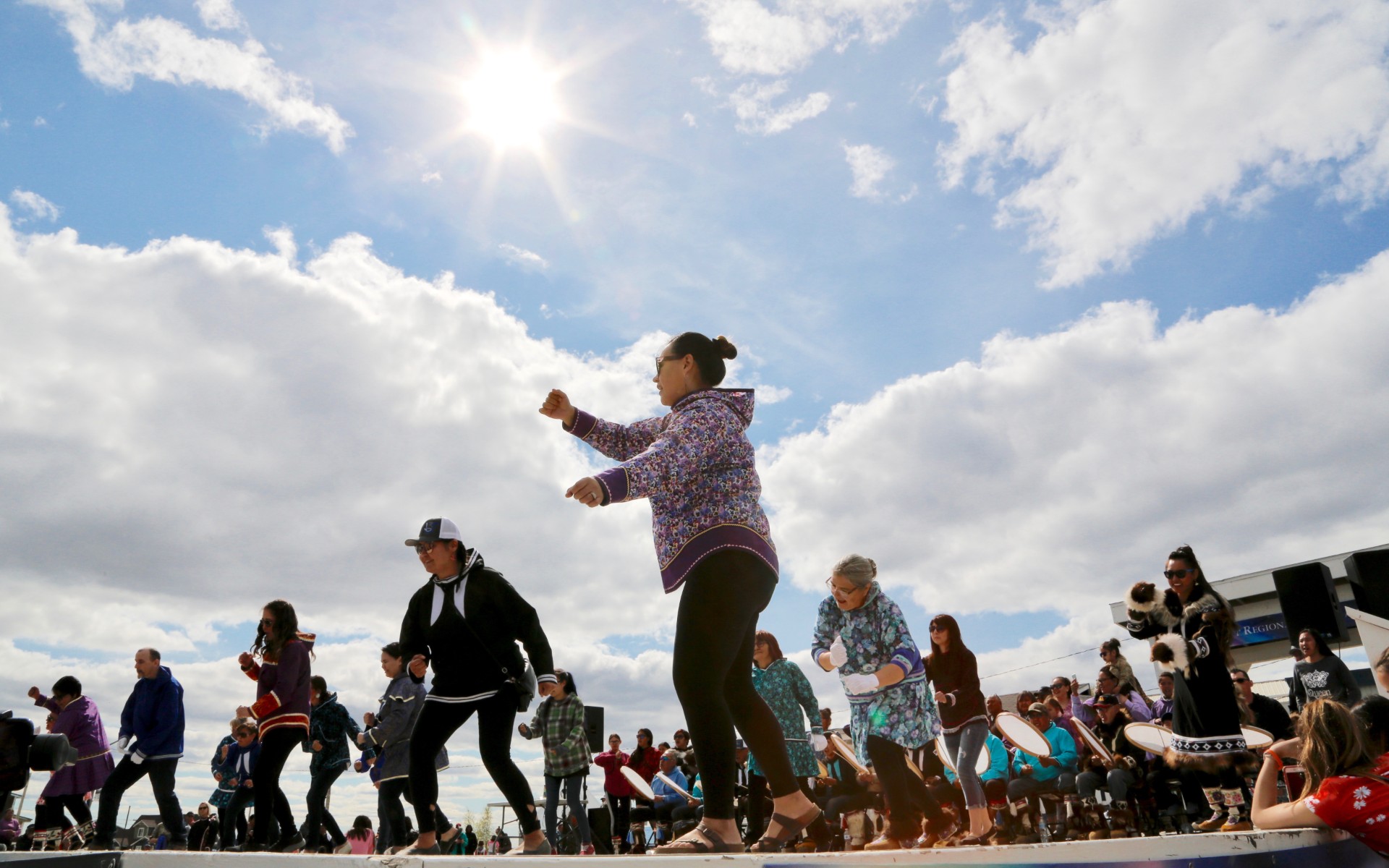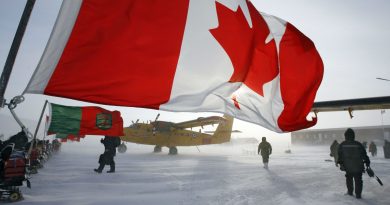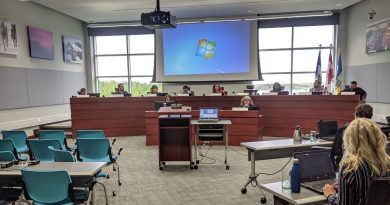Inuit in Canada’s western Arctic urged to mark Inuvialuit Day at home or out on the land

Inuit in Canada’s western Arctic are being encouraged to celebrate Inuvialuit Day at home, or out on the land, because of the ongoing COVID-19 pandemic.
“Events led by Community Corporations to mark the anniversary of the signing of the Inuvialuit Final Agreement will now need to be celebrated in family settings,” said the Inuvialuit Regional Corporation (IRC), the organization that represents Inuit in the Northwest Territories (NWT) in Canada’s western Arctic, in a news release.
Inuvialuit Day is held June 5, and marks the signing of the Inuvialuit Final Agreement (IFA) land claim agreement in 1984. The day is usually marked by BBQs, performances and Inuit games.
Celebrating on the land
This year, the IRC says they’ll be broadcasting performances by community drum dance groups on the IRC Facebook page, but are otherwise encouraging people to celebrate at home or at their hunting camps, for those who’ve taken advantage of the IRC’s On the Land support.

The IRC’s On the Land program was set up to help promote social distancing in the NWT’s communities during the COVID-19 pandemic, by providing funds that would enable families with hunting camps or cabins to go out on the land for 14 days or more.
” (I’m) pleased to see many Inuvialuit have planned to be on the land and will be celebrating Inuvialuit Day at their camps,” said Duane Smith, the IRC’s CEO. “IRC’s On the Land support has assisted 541 families, meaning that 1,986 total individuals can spend extended amounts of time enjoying their spring out on the land.”
The Inuit population in the Inuvialuit Settlement Region is 3,115.
No more active cases in NWT
To date, the Northwest Territories has had a total of five confirmed COVID-19 cases. All people have since recovered and the territory has been relaxing COVID-19 measures since mid-May.
Write to Eilis Quinn at eilis.quinn(at)cbc.ca
Related stories around the North:
Canada: Inuit gov. in Atlantic Canada gives gas allowances to harvesters under COVID-19 program, Eye on the Arctic
Greenland/Denmark: COVID-19 could delay Kingdom of Denmark’s Arctic strategy, Eye on the Arctic
Finland: Half of Finnish Lapland’s tourism businesses fear failure by winter, Yle News
Iceland: Iceland talks COVID-19 with Canada, Greenland foreign ministers, Eye on the Arctic
Norway: Growing concern among Nordic officials over increased Arctic border traffic, The Independent Barents Observer
Russia: Migrants arrested in Barents Sea as they try to reach Norway, Russian security services video, The Independent Barents Observer
Sweden: Swedish Public Health Agency says border closures ‘won’t work’ against coronavirus spread, Radio Sweden
United States: COVID-19 pandemic raises hard questions about health disparities, says Int’l Inuit org, Eye on the Arctic



